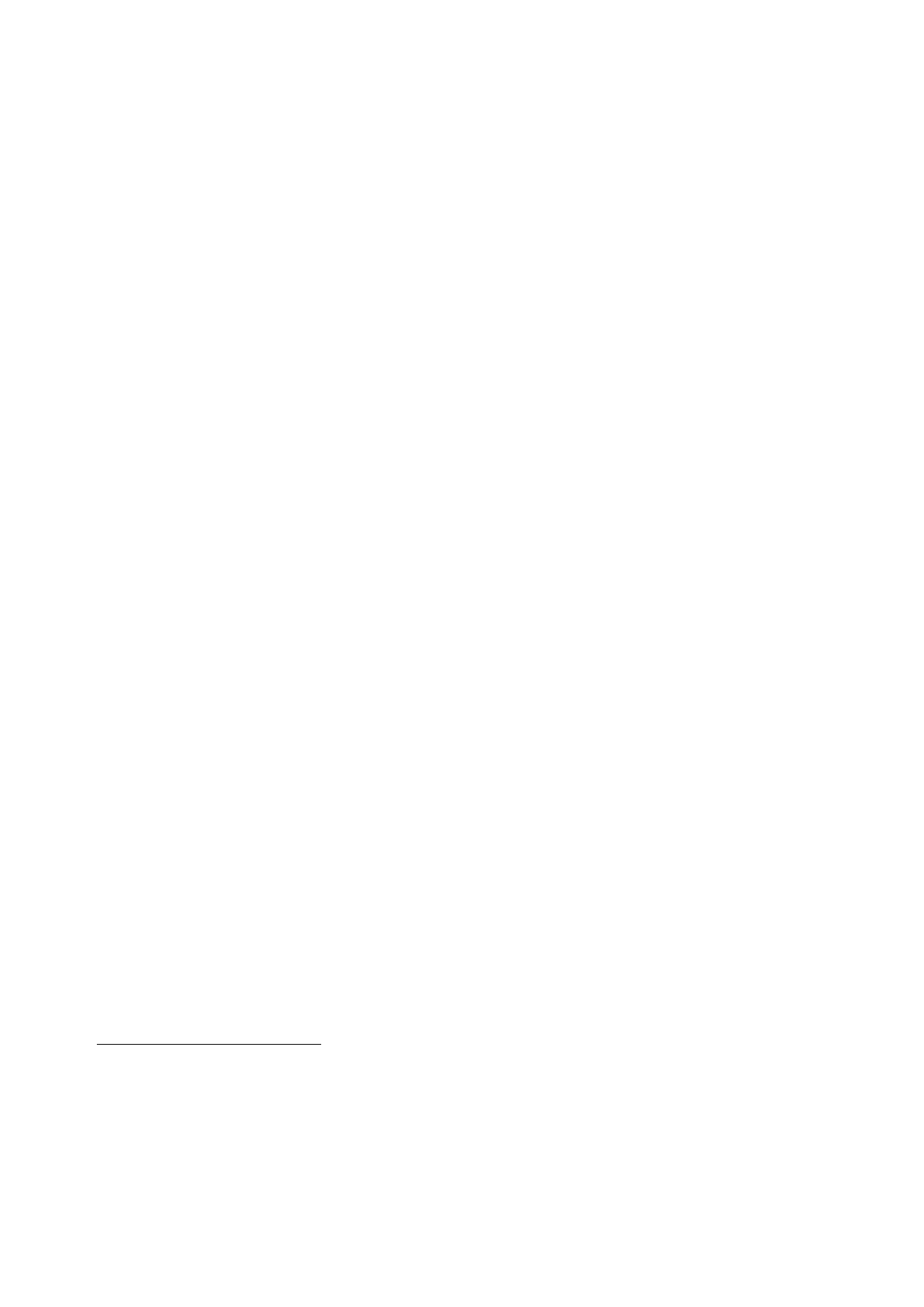
The Report
of the Iraq Inquiry
377.
Mr Aziz
added that the decision would take effect the following day. He
also
requested
UNSCOM to withdraw its cover for U-2 flights, which “had been
spying on Iraq
and its
leadership in order to execute America’s hostile policy against
Iraq under cover of
the Special
Commission’s operations”.
378.
Mr Aziz
wrote that Iraq was “confident” that it was “free of proscribed
weapons” and
had “no
apprehension of actions to verify that by all practical means”. He
emphasised
Iraq’s
“sincere desire for continuing the co-operation with the Special
Commission”
to fulfil
its obligations, and demanded that the Security Council fulfil its
obligations.
379.
A Presidential
Statement issued after a meeting of the Security Council to
consider
Iraq’s
“unacceptable decision … to seek to impose conditions on its
co-operation with
the Special
Commission, thereby preventing the Special Commission from
discharging
its
responsibilities”:
•
recalled
the Security Council demands in resolution 1134 “that Iraq
co-operate
fully with
the Special Commission in accordance with the relevant
resolutions”;
•
condemned
“the decision … to try to dictate the terms of its compliance with
its
obligation
to co-operate”;
•
demanded
that “Iraq co-operate fully … without conditions or
restrictions”;
•
reminded
Iraq “of its responsibility for the safety and security” of
UNSCOM
personnel;
and
•
warned “of
the serious consequences of Iraq’s failure to comply immediately
and
fully with
its obligations under the relevant resolutions”.147
380.
The statement
concluded that the Council was “determined to ensure rapid and
full
Iraqi
compliance with the relevant resolutions” and that it would “remain
actively seized
of the
matter”.
381.
On
30 October, Mr Butler advised the President of the
Security Council that Iraq
had refused
entry for two UNSCOM officials, and one IAEA official, of US
nationality.148
382.
In a letter of
31 October, Dr Blix informed Mr Annan that the IAEA had
suspended
its
monitoring activities in Iraq on 29 October.149
Dr Blix
reported that Iraq had
subsequently
informed the IAEA that it wished its work to continue and that “all
IAEA
staff,
inspectors and experts” would be “welcomed as usual”, there was “no
reason
whatsoever
to suspend any IAEA activities in Iraq”.
147
UN Security
Council, 29 October 1997, ‘Statement by the President of the
Security Council’
(S/PRST/1997/49).
148
UN Security
Council, 30 October 1997, ‘Letter dated 30 October 1997
from the Executive Chairman of
the Special
Commission established by the Secretary-General pursuant to
paragraph 9 (b) (i) of Security
Council
resolution 687 (1991) addressed to the President of the Security
Council’ (S/1997/830).
149
UN Security
Council, 31 October 1997, ‘Letter dated 31 October 1997
from the Director General of the
International
Atomic Energy Agency addressed to the Secretary-General’
(S/1997/833).
92
